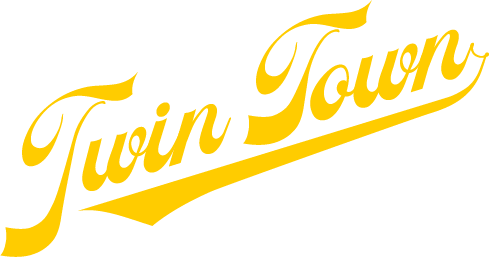A Beginner’s Guide to Getting Better (and a refresher for the rest of us)
These days, I’m usually most inspired when I’m at the gym working with people. The process of giving cues and watching improvements is not only rewarding in its own right, but I appreciate how this inspires thoughts that I can use to help more people than just the group I’m working with at that moment (thus, this post!).
This particular idea came to me when I was watching the level of frustration rise in one of our new members as they made their way though a skill session in class.
The justifiable pissed-offedness with starting to work out is nothing specific to them. What they were dealing with is common, and something I can relate to on many levels – it sucks when you feel like you’re not good at something!
At this time the member was just starting out with us and was working through a common feeling of being overwhelmed in the beginning stages of the learning process. Since what I was seeing is, unfortunately, par for the course, I put together a list of a few beginner hazards, so even if you can’t avoid them, you at least know what to look out for:
1. The progress we’re often promised can be slower to develop than we would like.
2. There are so many new movements to learn! As you’re starting out, every class seems like a chance to have your nose rubbed in something else you can’t yet do well.
3. For a while, there will be people who are better than you at much of what you do.
So, there are lots of pitfalls to navigate as you get going. Worst news ever, right?! Just so you don’t leave this blog post-reading experience demoralized, here are some pointers I want you (beg you) to keep with you on your journey. Especially when that insidious voice in your head starts telling you that there’s an easier way and that packing up is clearly the best option, think back to these tips.
Here goes…
REAL PROGRESS TAKES TIME
This sounds like a cop out for slow-to-develop gainz (and I get that this is an individual process dependent on many variables), but I tell you no lie.
Three years ago I went to an Olympic lifting seminar in Florida and had the opportunity to learn from now Team USA lifter Travis Cooper. Travis worked with another coach to help us with our technique, did some demo lifting for the group, and spent time talking with us about his lifting experiences over the years.
When one of the seminar participants asked him what he’d recommend to someone looking to get to where he is, he laughed and explained that there’s no secret to what he’s done. He’s been working at perfecting the Clean & Jerk and Snatch for over 10 years now. TEN. YEARS.
Travis is now among the best in the world at what he does and he’s put in an exceptional amount of time to get there, but you can imagine what can come from a similar focus with even just a fraction of the time he’s devoted.
I repeat: real progress takes time. Not only is this OK, but from a coach’s perspective, it’s expected. Trust the process, appreciate the small steps you take–and the gains that come with them, and don’t get hung up on the crappy days.
BE OK WITH STARTING WITH THE BASICS
Want to get good at muscle-ups? Start with some competency in pull-ups. Want to Clean & Jerk one bajillion pounds? Get your squat looking buttery smooth first! Looking to check a marathon off the bucket list? Begin with a mile!
You get the point. I could go into hundreds of examples here, but the point remains that there is a foundation that needs to be laid before stepping towards advanced goals. This might not be the sexy stuff, but it has it’s place and can’t be ignored.
YOUR PROGRESS IS RELATIVE TO YOU
It’s fun to be competitive with the people in your class, but if your goals are always relative to other people’s progress, you’re setting yourself up for constant disappointment.
A little competition is a great motivator, but too much can suffocate us and make us lose sight of what we’re really after.
We encourage all our members to log their workouts, not because we care where they stack up on the leader boards, but because it gives you a point of reference for the progress you have made!
The next time you feel like you haven’t taken as many steps forward as you would like, take a look back at where you were when you began and appreciate how far you’ve come!
Just like anything in life, our workouts are a constant work in progress that don’t have an easily-definable finish line. The point isn’t that we end with perfection, but that we work to improve. No matter where you are along the ride, there are always steps we can take to keep moving forward. It’s up to us to keep our heads on straight and not give up on the process when we hit some bumps in the road.
Your coaches are always here to help, so never hesitate to get in touch when you need a little motivation from time to time. We all need some guidance here and there!

